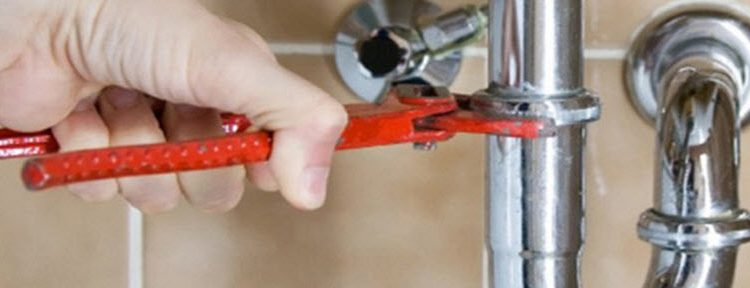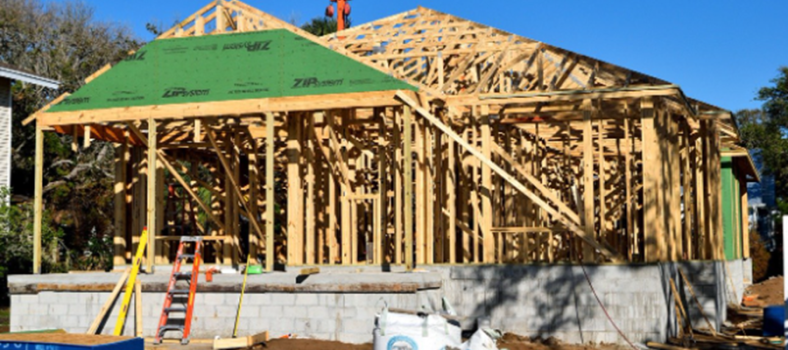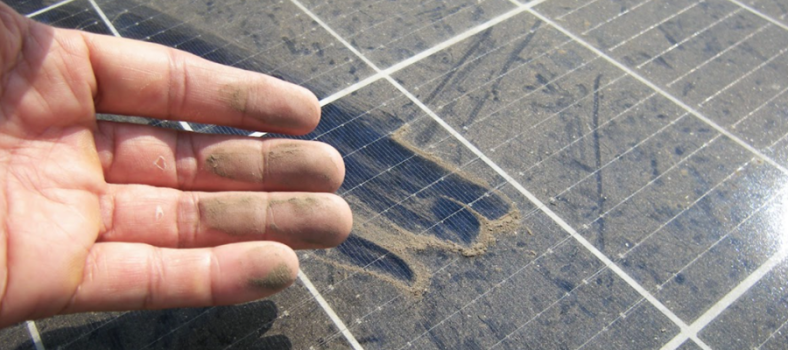The Homeowner’s Guide to Preventing Blocked Drains
For homeowners, few things are as stressful as a majorly blocked drain. It can cause all kinds of problems, from a nasty smell to a completely flooded room. Yet, you’d be surprised at how casually many of us treat our plumbing systems. We know that there are certain things that shouldn’t be done, but complacency often means that they’re done anyway.
For example, one of the most common causes of blocked drains continues to be food waste and grease. Rather than pouring cooking scraps into the bin or emptying excess oil into a safe container, people pour them down the sink. This is a recipe for disaster and the reason why blocked drains in Melbourne keep plumbing companies so busy.
This guide to preventing blocked drains will help you avoid risky mistakes and keep your plumbing in tip top condition.
Dispose of Food Waste Correctly
This is the most important rule of all. Even if you have a garbage shredding device just below your plughole (as many homes do), this doesn’t mean that you can tip large food scraps down the sink. These devices are designed to shred only small, soft items; the little pieces of food that you miss when you scrape your plate. They cannot handle peel, rind, stones, bones, or pits, so don’t run the risk of blocking your drain by pouring them down there.
Never Pour Oil down the Sink
It is just as important that you don’t pour oil, fat, or grease down the sink. Once it cools, it solidifies, so you risk creating a sticky blockage. Instead, empty excess grease into a tin can or other disposal container that can be safely thrown away. Also, never tip anything that you know doesn’t belong down the drain; for example, paint, construction materials, or any other kinds of viscous liquid.
Prevent DIY Plumbing Disasters
While it is possible to learn how to plumb something basic like a kitchen sink, without professional help, there are certain things that you need to know first. If you feel unsure or are worried about getting it wrong, leave it to the experts. For sinks especially, getting the right materials is vital. To prevent corrosion from accumulating and causing blockages, a special coupling component is needed.
Keep Kids Safe in the Bathroom
It is really easy to lose track of a little one for a few seconds and then find out that they’ve flushed a toy or a shoe down the toilet. It is a common mistake and it happens to the best of us. However, it can end up causing real problems for the plumbing, so do try to monitor toddlers and very young children when they’re in the bathroom. Flushing large, unsuitable items is a fast track to a blocked drain and an emergency call to the local plumber.
Prevent Freezing in the winter
If you live in a colder part of the country, you might want to think about ways to protect the water supply. For instance, if there is a chance of very cold weather, the best advice is to avoid shutting the central heating down completely. If temperatures drop and there is no heat to warm the pipes, they may freeze up and block the drains. So, leave your heating on the lowest setting if you are planning to be away for a weekend or more.
Arrange Regular Inspections
The most effective way to keep drains in tip top condition is to arrange for regular maintenance and inspections. Once or twice per year, a technician will come out to your home and carry out a visual and operational check. This might involve testing water levels, scrutinising plumbing components, and cleaning out dirty drains. By keeping a close eye on the health of drains, it becomes easier to spot signs of trouble early and deal with them proactively.






No Comment